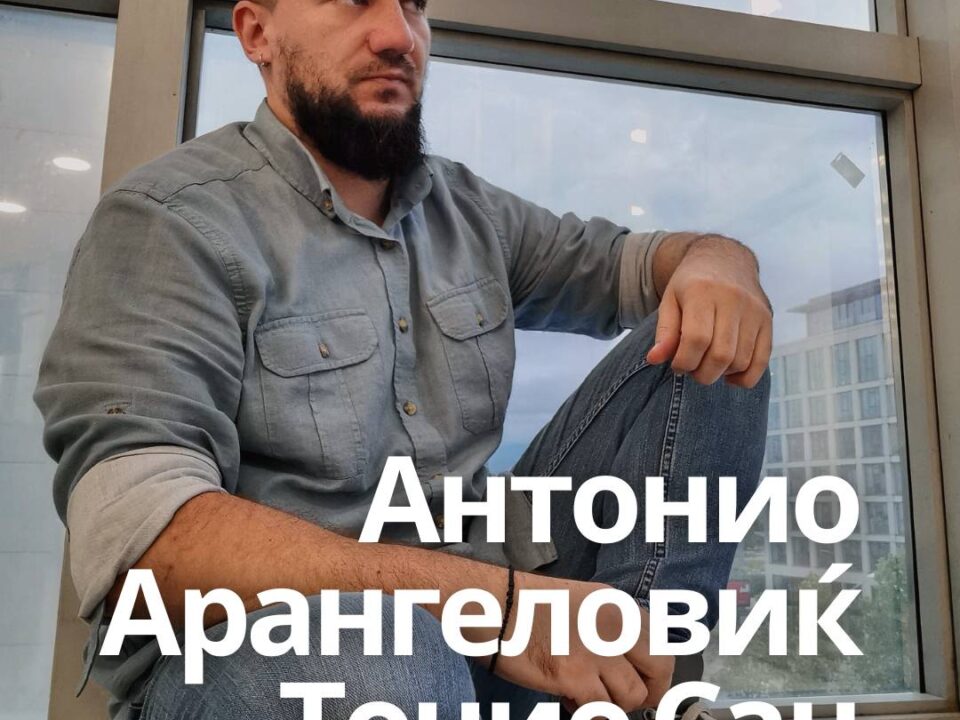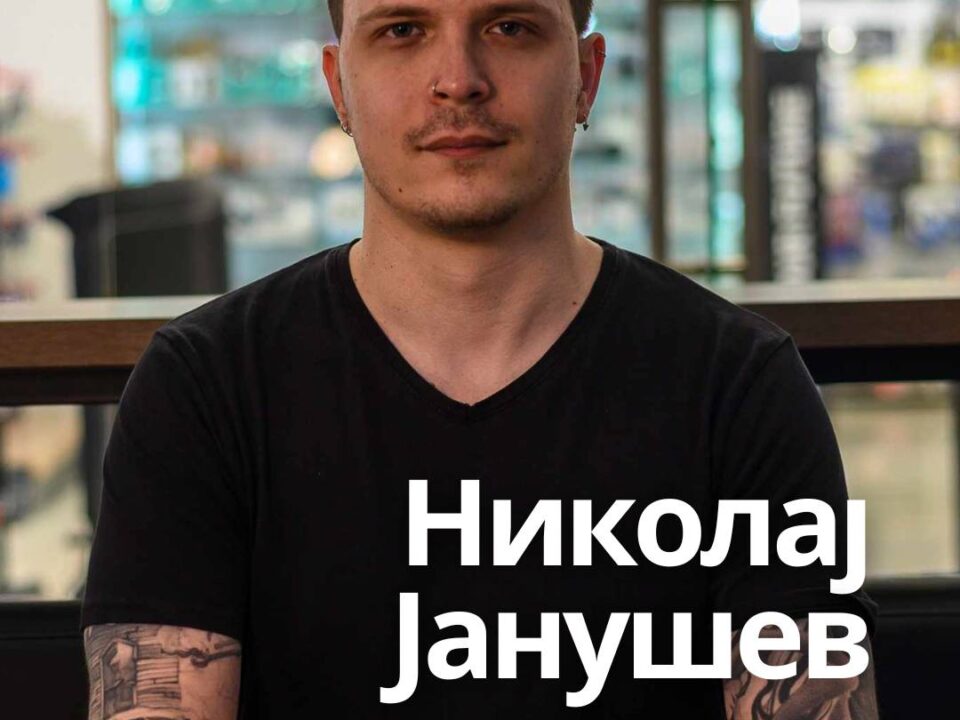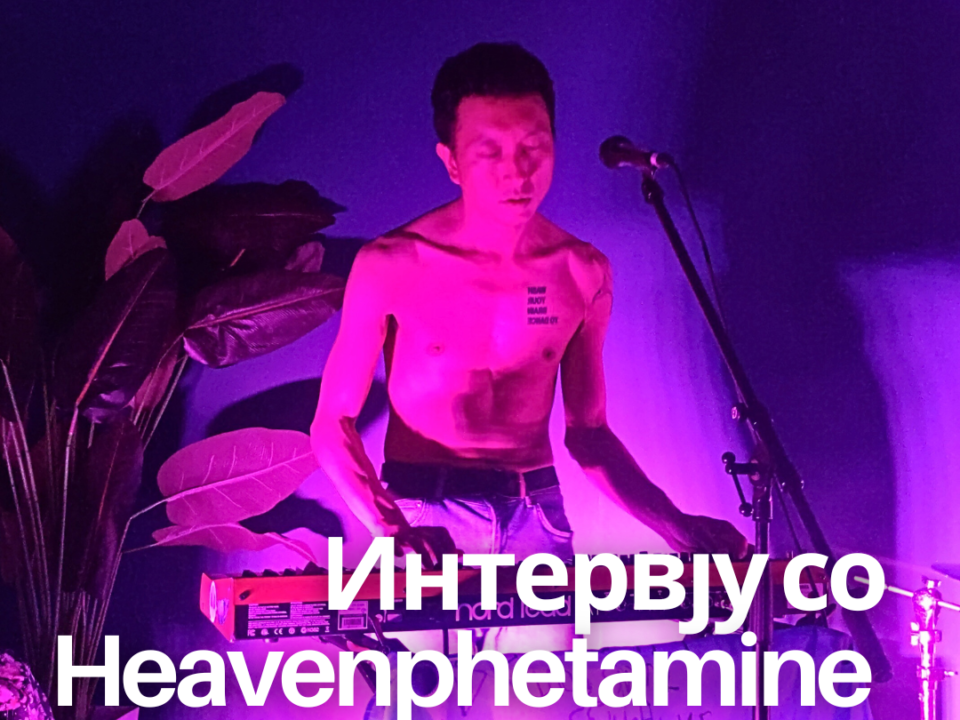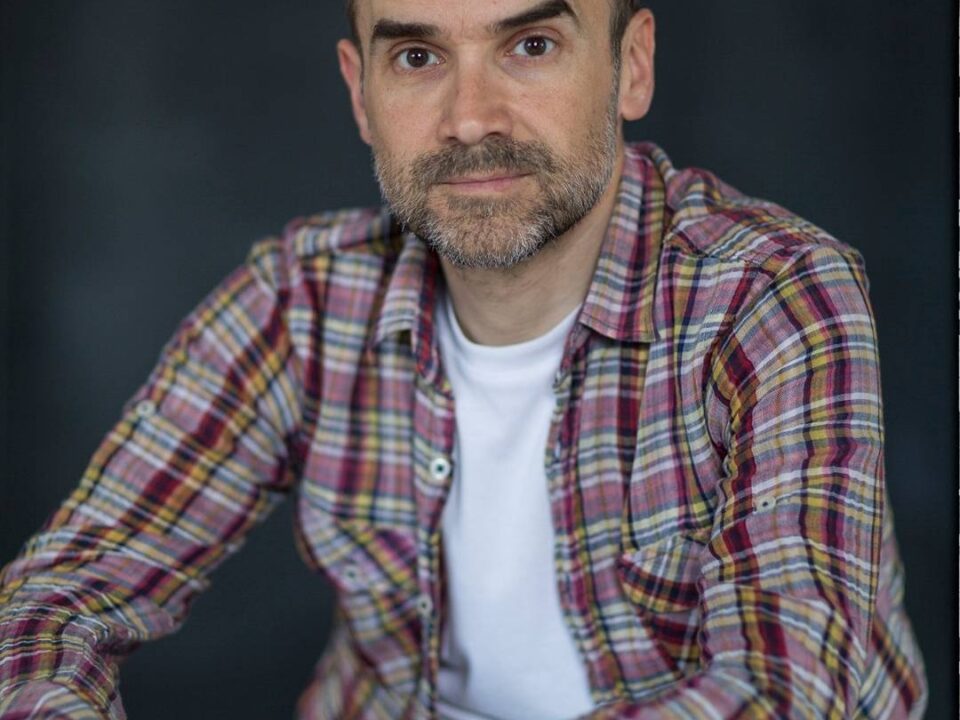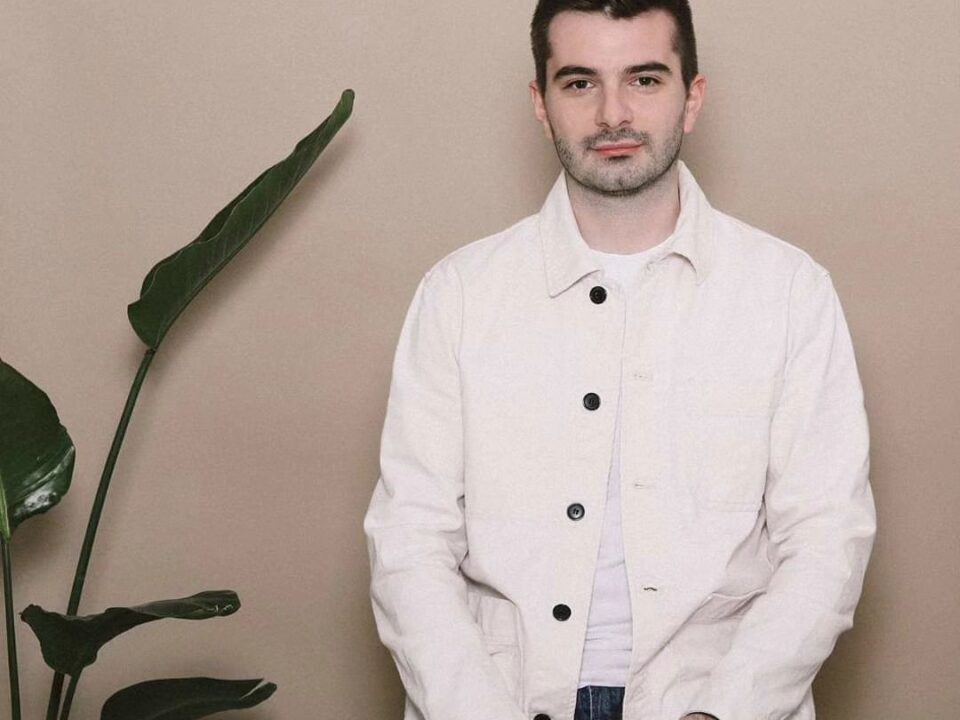Interview with Heavenphetamine
This Wednesday, June 26, we had the rare opportunity to attend a concert by the Japanese duo Heavenphetamine at Kotur Cafe.
Their experimental music represents a surreal fusion of digital and analog, a synchronization that only two people who are spiritually connected can achieve. Sarah is in charge of the analog side, drumming with incredible precision producing beats that blend seamlessly with the synthesized sounds that Hiroki produces on his synthesizer, the main product being original melodies in which his rather wide-ranging voice captures an ethereal and timeless eclecticism. sound causing a unique impression on each listener separately.
After the concert we had a chance to do a short interview with Hiroki, so enjoy.
1. Hiroki San how and why did you start making music and why did you choose this style to express yourself? Tell us your story
My father loved to sing and was in a choir. My mother was a piano teacher, so music was always around me when I was young. I also liked playing the piano and singing. But I didn't think about becoming a musician when I was a kid. I started wanting to be in a band around high school. Because of my musical background, making music wasn't difficult for me, and I started because it was just fun. I wasn't good at studies and I liked sports, but not enough to be very serious about it. Playing the piano and singing karaoke were my happiest times, so expressing myself through music came naturally to me.

2. What is the main difference between life in Europe and life in Japan?
The sense of time is very different. Musicians in Japan are usually relaxed with time, but that's nothing compared to Europe. I feel that the importance of meeting deadlines is not as strong in Europe as in Japan. When someone says "It's a 5 minute walk" it's never really true. More people in Japan value manners. Many tourists see this as politeness and respect, but over time you can feel how everyone views each other. People who live differently are often harshly judged.
3. How did you like your performance in Skopje? Would you like to come back again?
Personally, it was a performance where I felt that my condition, which had worsened at the beginning of the tour, improved. I was very relaxed and enjoying myself. The place was really cool, with great decor and pictures on the walls. The audience was stylish and free-spirited, and their positive reactions created good energy for the performers. The scenery was beautiful and the food was delicious, so I definitely want to go back.
4. Can you tell us something about the underground scene in Japan?
As you may know, Japan has many great underground musicians. They are highly regarded worldwide in various genres such as psychedelic, noise, techno and punk. I often hear about artists I don't even know. Many experimental artists are still active both in Japan and abroad. However, the gap between mainstream and underground is huge, and the domestic market is unfortunately small, with a very thin middle layer. Making money from music is extremely difficult. If you get a chance to visit Japan, check out the tiny living houses. If you're lucky, you can see incredibly high-quality music with only a handful of other people. I haven't been back in three years, so I can't recommend specific clubs.



